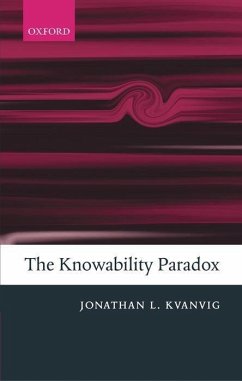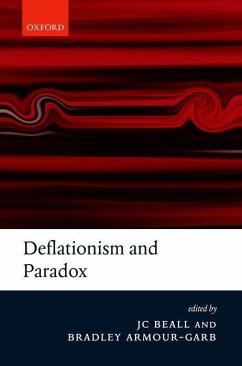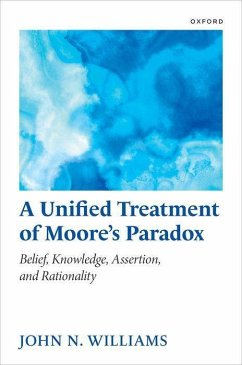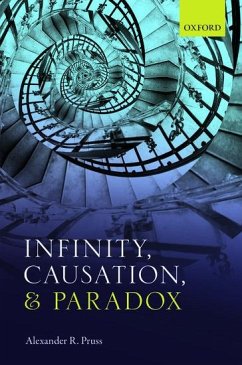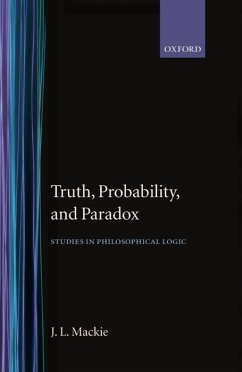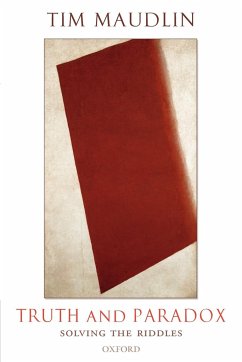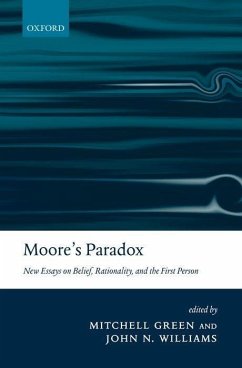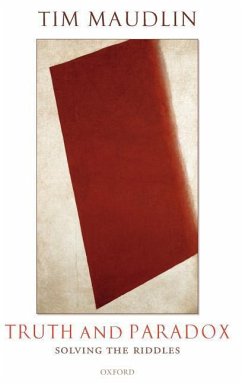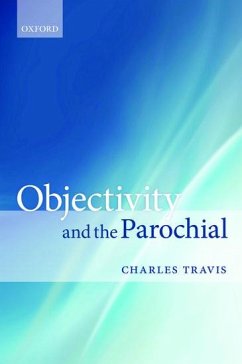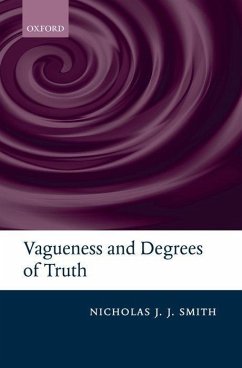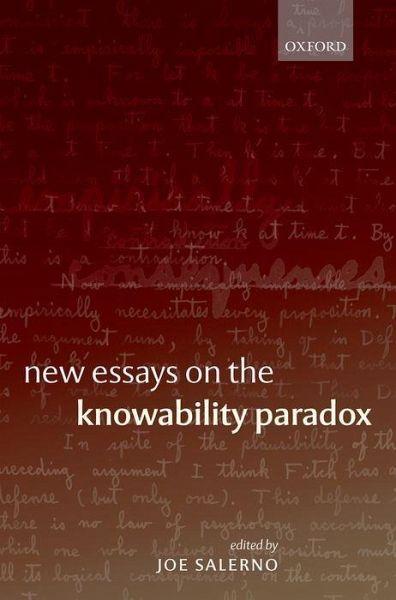
New Essays Knowability Paradox C
Versandkostenfrei!
Versandfertig in über 4 Wochen
132,99 €
inkl. MwSt.

PAYBACK Punkte
66 °P sammeln!
The knowability paradox suggests that wherever there is empirical ignorance there is also logically unknowable truth. This volume presents the original papers in which this notorious problem was first set out, nineteen new papers seeking to resolve it, and a helpful introduction. It will be the definitive resource for study of the paradox.





